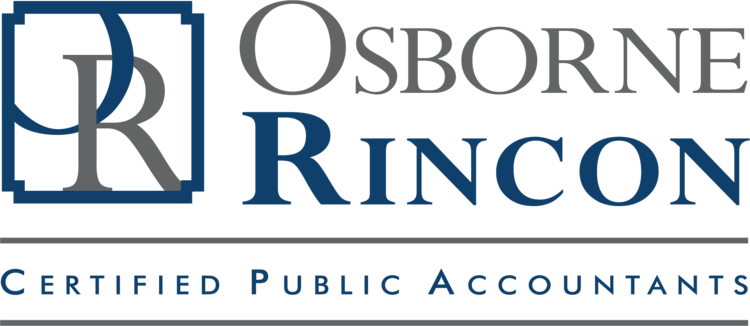After approximately three years of debate, revisions, and policy formulations, the IRS has rolled out a whole new set of Depreciation and Repair Regulations. These Regulations went into effect in 2014 and apply to all business taxpayers, including individuals who own rental properties.
What you need to know:
- In the past with the Safe Harbor Election, many businesses have used their own judgment as to when to capitalize a new asset and when to expense it. Under the new Regulations, taxpayers with a written capitalization policy in effect may elect to expense, rather than capitalize, asset purchases of $500 or less. Companies with audited financial statements and a written capitalization policy may expense purchases up to $5,000.
- Improvements must now be capitalized and are defined to include expenditures that better, restore or adapt the existing structure to a new use. The improvement is required to be segregated into "units of property"; in the case of buildings, that would mean the building is broken into its components, such as HVAC, plumbing, electrical, security, etc. The advantage to this portion of the regulations is that if one of the components is replaced or substantially improved, a loss may be taken on disposal of the old component.
- Routine maintenance to structural components can continue to be expensed, however the definition of routine maintenance is clarified, and anything that can be considered a betterment (such as repairs to a non-functional piece of equipment that extends its useful life) must be capitalized instead. There is good news for small property owners: safe harbor rules allow building owners to expense improvements if they meet the following requirements: 1) Gross receipts are $10 million or less and the building value is $1 million or less and 2) total expense for the year does not exceed the lesser of $10,000, or 2 percent of the unadjusted basis of the building.
- Additionally, many businesses will be required to file a Form 3115, reporting a change in accounting methods.
What does this mean to you as a property and business owner? First, your accounting policies and procedures should be reviewed so that you are in compliance with the new regulations. Second, talk to your CPA about the tax implications of the new regulations-some business may see additional deductions and losses, or even be able to apply the regulations retroactively to their benefit.
Contact Osborne Rincon, CPAs at 760-777-9805 for more information on our services.
